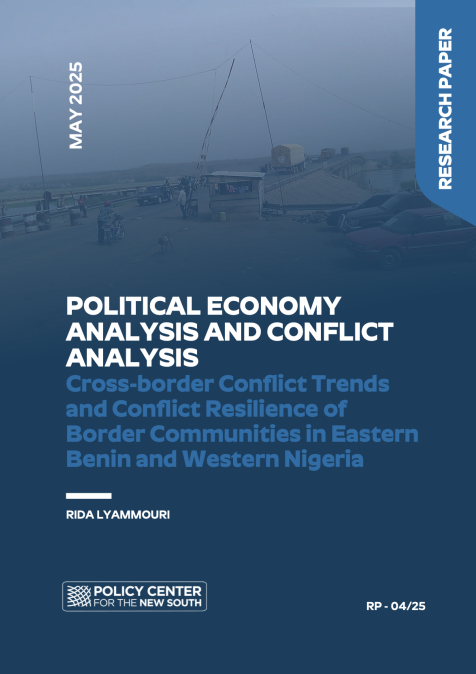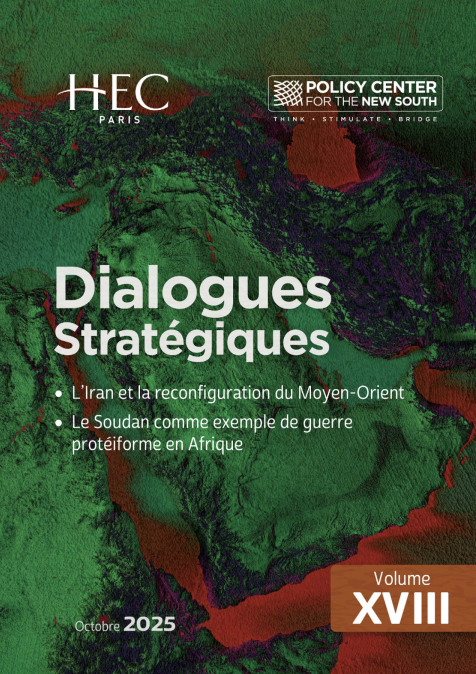Publications /
Research Paper
This study draws on academic and gray literature to identify the dynamics that facilitate the emergence and proliferation of armed groups and increase vulnerabilities to violent extremism (VE). Given the growing concerns about the spread of VE to northern Benin and the rising incidents of violence, it is crucial to address these underlying factors in order to bolster community cohesion and resilience to violent conflict-particularly against recruitment and influence by violent extremist organizations (VEOs). VEOs in the Sahel have demonstrated social agendas “that speak to people’s needs in ways that West African states and donor programming have not been able to do.”1 Therefore, it is imperative to address the underlying causes of conflict and vulnerability rather than responding solely with force.
This research paper seeks to acknowledge gaps in the analytical framework concerning socio-economic cross-border trends and the conflict resilience of border communities in Eastern Benin and Western Nigeria. Specifically, it examines the relationship between cross-border movement of goods and people and the presence or actions of armed actors in the Benin-Nigeria borderland regions.
The most significant underlying issue-and a major security risk-is the mismanagement of land assets by both formal and informal governance structures. Economic scarcity and precarious livelihoods fuel competition over resources and opportunities, while imbalanced governance systems marginalize certain ethnic and economic groups, fostering long-term resentment. Currently, the greatest security threat stems from VEOs capitalizing on these local grievances to exert control over cross-border movements of goods and people.
1.Dangerous Liaisons, Clingendael, June 2024, https://www.clingendael.org/pub/2024/dangerous-liaisons/executive- summary/.










